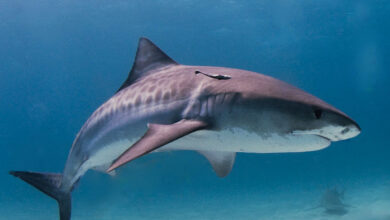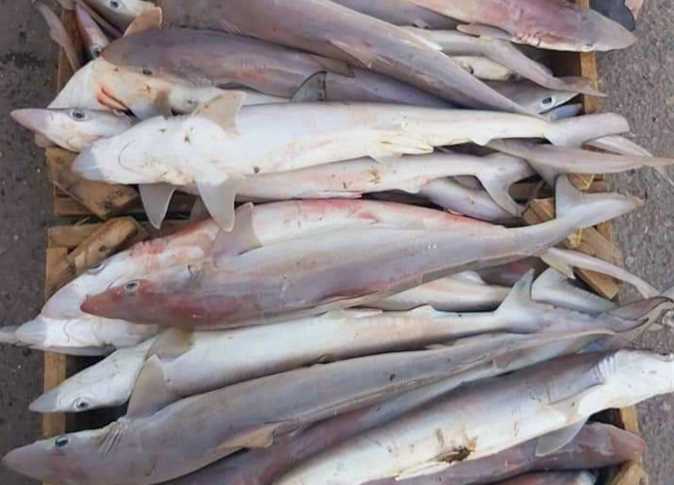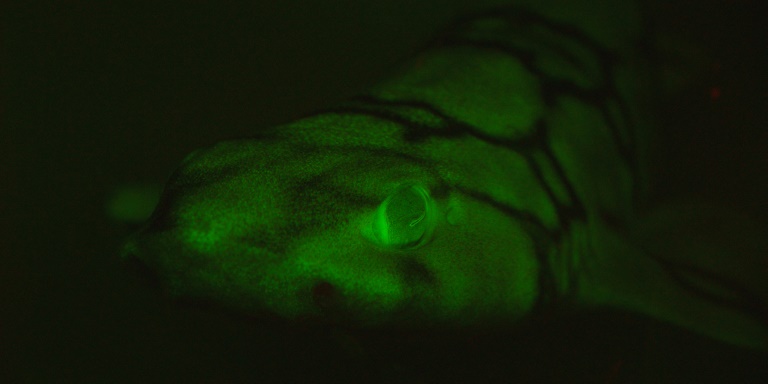The Hurghada Environmental Protection and Conservation Association (HEPCA) launched a campaign earlier this month aimed at raising awareness about the importance of sharks to Egypt’s ecosystem and economy and to inform the public about the dangers associated with consuming shark meat.
The first phase of the initiative, dubbed the "Stop Shark Sales" campaign, aims to halt the sale of shark meat at French hypermarket chain Carrefour. The campaign’s long-term objective, meanwhile, is to have shark fishing banned outright countrywide.
Unbeknownst to much of the public, shark meat is currently being sold on the Egyptian market as well as being exported to markets overseas. According to HEPCA, studies confirm that increased demand for shark meat has led to overfishing, the result of which has been an estimated 97-percent decrease in the Mediterranean Sea’s shark population.
Though most sales of shark meat take place at local fish markets, HEPCA has targeted the prominent hypermarket chain in particular in hopes of raising the campaign’s profile.
Environmentalists warn that overfishing and the consumption of shark meat represent serious threats to the local environment, public health and–potentially–the economy.
The reduction of shark populations on such a massive scale can prove detrimental to local ecosystems, they say, since the removal of these natural predators from the marine environment can drastically disrupt the overall food chain. This can have chaotic consequences, some of which are only now beginning to be understood.
Meanwhile, the socio-economic impact of declining shark populations in Egypt–and in other countries that rely on diving-related tourism–can be extremely costly. While a kilogram of shark meat is sold for just LE30 on the local market, a single shark stands to generate as much as LE1.25 million annually from diving tourism revenues. What’s more, the consumption of shark poses serious health risks, since sharks stand atop the food chain and can therefore accumulate high concentrations of toxins.
So far, the HEPCA campaign has met with considerable success, prompting Carrefour to withdraw all stocks of shark meat from its stores. In a statement, the supermarket chain confirmed it was not selling shark meat, insisting that the recent discovery of such meat at one of its outlets had been a mistake. "Some of our employees mistook [shark] for another kind of Mediterranean fish," the statement read.
"We’re happy that Carrefour complied swiftly to our demands and moved to reduce health risks," said HEPCA Project Manager Ahmed el-Droubi. "We will now focus on the enforcement of regulations in the Red Sea that aim to halt shark fishing since there have been reports of excessive de-finning [the removal of sharks’ fins] in the area."
"To ensure eforcement of these regulations, we must work to reduce the market demand for sharks by raising awareness among all concerned–among those enforcing the regulations, those fishing and the consumers," el-Drouby added.




